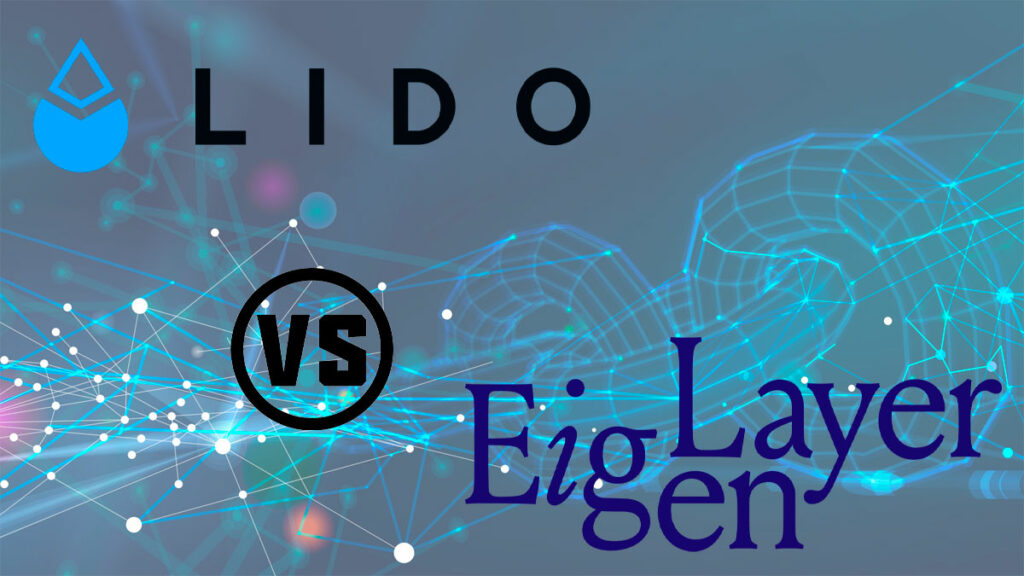TL;DR
- Covert Investment: Lido co-founders and Paradigm are reportedly funding Symbiotic, a new venture that competes with EigenLayer by allowing restaking of stETH and other ERC-20 tokens.
- Market Rivalry: Symbiotic’s entry into the restaking market challenges EigenLayer’s position, as it offers a feature EigenLayer lacks, potentially attracting various decentralized applications.
- DeFi Dynamics: The involvement of high-profile DeFi figures in Symbiotic’s development and the strategic implications for the DeFi landscape are causing widespread speculation within the community.
CoinDesk, a cryptocurrency news outlet, has reported that Konstantin Lomashuk and Vasiliy Shapovalov, the co-founders of Lido, the ethereum staking firm together with the venture capital firm Paradigm, are clandestinely investing in a new venture named Symbiotic.
Interestingly, Symbiotic offers its users the ability to restake assets such as Lido’s staked ether (stETH) token and other ERC-20 assets, a feature not available with EigenLayer, which only accepts ETH tokens. This strategic move places Symbiotic in direct rivalry with EigenLayer in the restaking market.
Lido, known for its staked ether (stETH) token, has been a dominant force in the DeFi sector, allowing users to stake their cryptocurrency while retaining liquidity. However, the emergence of EigenLayer, a service enabling users to restake Ethereum’s native ETH token, has challenged Lido’s market position.
Internal documents obtained by various crypto media outlets reveal that Symbiotic is being developed by the team behind Stakemind and is backed by Lido’s co-founders, Konstantin Lomashuk and Vasiliy Shapovalov, through their venture firm Cyber Fund. Paradigm, a significant investor in Lido, is also involved in funding the new project.
Lido Founders’ Role in Symbiotic’s Rise

Ironically, Sreeram Kannan, the co-founder of EigenLayer, declined an investment offer from the renowned crypto venture firm, Paradigm. Instead, he chose to accept funding from their competitor, Andreessen Horowitz, as per sources familiar with the situation. Paradigm, in response, informed Kannan of their intention to back a rival project to his.
The involvement of such high-profile figures in the DeFi community has sparked discussions about the potential impact on the industry. Symbiotic’s approach to restaking could attract a wide array of decentralized applications, including rollups, interoperability infrastructure, and oracles, by offering rewards for securing these services.
While representatives from Paradigm, Symbiotic, and Cyber Fund have declined to comment on the matter, the DeFi community is abuzz with speculation. The strategic positioning of Symbiotic, coupled with its backing by influential players, suggests that the DeFi landscape may be on the cusp of significant change.
As the restaking trend continues to gain traction, the competition between Lido, EigenLayer, and now Symbiotic will be closely watched. The outcome of this rivalry could redefine the future of liquid staking and the broader DeFi ecosystem.










